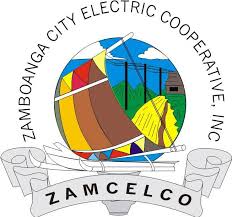The Department of Finance is considering fully implementing an e-invoicing system by 2022 to make it easier not only for the Bureau of Internal Revenue (BIR) to collect taxes but also for taxpayers to settle their dues.
In a presentation during the Philippine Day Forum in Washington, DC on April 11, Finance Assistant Secretary and spokesperson Antonio Joselito G. Lambino II noted that income tax returns had “redundant” data fields, which were already indicated in other required documents.
As such, the government targets to complete the shift to e-invoicing by December 2022 as part of the planned “digital transformation” in tax administration, Lambino said.
The DOF official said doing so would provide better services to taxpayers, facilitate ease of administration, and make the BIR—the country’s largest tax collection agency— more resilient.
He said that between 2019 and 2022, the rollout of the e-invoicing system would have four goals, namely: optimizing business processes; implementing enabling infrastructure; optimizing use of information and empowering the workforce for digital transformation.
Lambino earlier said that issuance of of e-receipts would be pilot tested next year among 100 taxpayers selected by the BIR ahead of its mandatory implementation.
The South Korean government’s aid arm, Korea International Cooperation Agency (Koica), is expected to provide a $7.3-million grant to implement the first phase of the e-invoicing project, Internal Revenue Deputy Commissioner Arnel Guballa had said.
With the Koica funding, e-receipts will be piloted in 2020, for “full implementation thereafter,” Lambino had said.
Export-Import Bank of Korea or Korea Eximbank is also expected to provide a loan to fully implement the system, according to Lambino.


